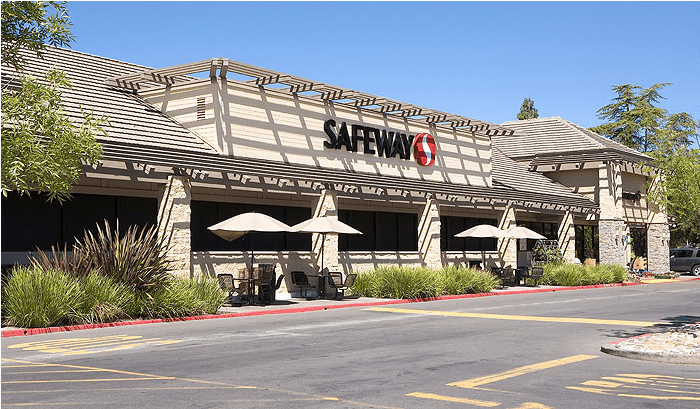There is a myriad of factors to consider when starting out as a real estate developer. From deciding on a geographic focus, to selecting an asset class, forming relationships with key partners, and securing funding, the learning curve can be intimidating. Paramount among these tasks is answering the age-old question of “how do I raise equity for my first deal?” John McNellis, founder of McNellis Partners, shared his insight on the question with Cornell’s Baker Program in Real Estate as part of its Distinguished Speaker Series.
Mr. McNellis founded McNellis Partners in 1982 with a focus on thoughtfully designed retail developments around California’s Bay Area. Having begun his career as an attorney, real estate had long piqued John’s interest; however, after working with developers and investors and realizing the difference in their lifestyles, he re-evaluated his focus within the industry. “I was about to spend my entire weekend working on contracts while they went skiing in Lake Tahoe” he reflected in a humorous anecdote outlining the freedom that many developers gain at a certain point in their careers.
Mr. McNellis’ first deal – a grocery store anchored suburban shopping center in Healdsburg, CA that the company still owns today – framed the discussion of how to raise equity. Starting with a good deal is a great way to make the equity raising process easier. Of course, if the numbers pencil out and returns are attractive, pitching the investment to potential investors becomes less daunting.
This particular deal was structured with all of the equity being provided on day one, which is more expensive than periodic draws, but provides certainty of funding. Since preferred returns tend to align with interest rates, the investors in this deal earned 10% annual preferred returns with additional cash flow being split 50-50 between investors and the sponsor. Mr. McNellis stressed that another way to ease the fundraising process for those without a long track record is to minimize development fees, which in this case were a straightforward 2% of hard construction costs.

During the fundraising process, one of the most important decisions is whether to focus on what Mr. McNellis calls the whales or the minnows. “Is it easier to raise money from one large investor or several smaller investors, often consisting of friends and family?”
Raising money from a whale can have some real advantages, such as only having to make one investment pitch. There is also a greater chance of obtaining funding for future deals. Whales are often more sophisticated so they can quickly understand the deal terms in addition to providing strategic advice as you build your enterprise. Conversely, and not surprisingly, whales also command significantly higher returns and will be able to exert more control over the deal as compared to a group of smaller investors. “Sometimes they just have the sole arbitrary and despotic ability to take you out of the deal,” Mr. McNellis cautioned.
When it comes to raising money from minnows, “the pain is on the front end” – in the form of having to pitch to a larger number of investors. For example, if equity is being provided in $25,000 increments, it could take 40 successful pitches to raise $1 million. Ultimately, the emotions involved in the risk of losing money invested by one’s friends and family can be overwhelming, but the terms of the deal will be much better than if all of the equity came from a single investor.
Regardless of the size and number of investors involved, selling the pitch is another difficult task that inexperienced developers grapple with. One method that can help in proving yourself to investors, as a relatively inexperienced sponsor, is to invest in the deal yourself – putting your own “skin in the game”. Investing an amount that is slightly more than one would be receiving in fees can exhibit confidence in the success of the deal for potential investors and send a signal that everybody is in it together.
On a similar note, Mr. McNellis suggested to “put your mother’s money in the deal.” Possibly more so, having your family involved sends a signal to potential investors that you will do everything in your power to succeed.
Lastly, Mr. McNellis pointed out the importance of not focusing so much on personal financial gains in one’s first deal. “It doesn’t matter whether you make $100,000 or $150,000. What matters is that you get the deal done and it’s a good deal so you can build up your track record.” If the first deal goes well, there’s always the next time.

